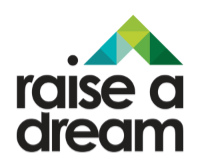Sponsorship has its own language, and it is important to be aware of the correct sponsorship terms as you approach potential sponsors and collaboration partners. Using incorrect terminology
- Home
- |
- Archives: How to get sponsorship and business funding
